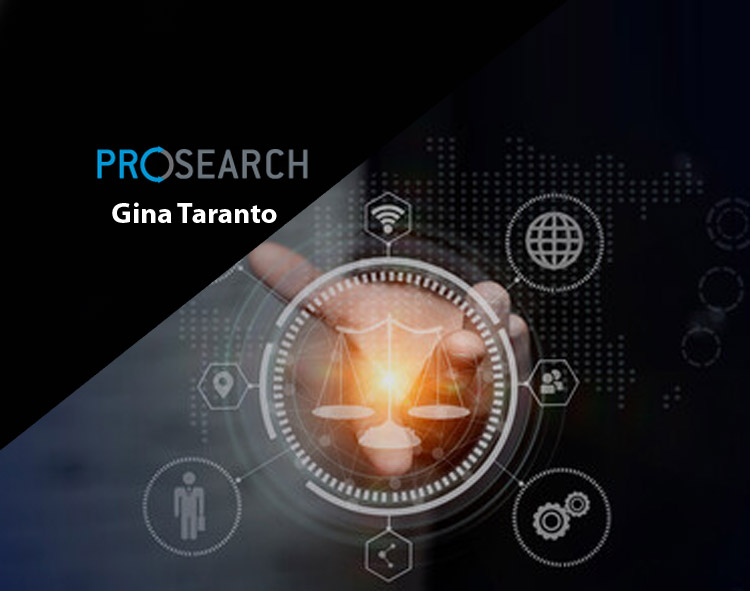U.S. companies will spend an estimated $24 billion on litigation in 2020, in large part due to exponential growth in potentially responsive data (evidence).To meet the challenge, corporate legal departments are increasingly relying on data analytics, including artificial intelligence, machine learning and other emerging technologies, to help them reduce costs, improve risk and compliance and increase productivity. Following are some key areas where data analytics is helping corporate legal organizations make better use of enterprise information.
Litigation
Legal operations teams in large organizations are focusing on managing litigation discovery holistically, applying analytics to manage individual legal matters, as well as the entire portfolio of legal activity. Data analytics allows them to reuse work product, improve performance and protect privileged documents.
Read More: GlobalFintechSeries Interview with Gerard Griffin, CEO at AnyDay
eDiscovery Document Review
In legal discovery document review, data experts apply a mix of data analytics, machine learning and linguistics to search, categorize and organize content of email, business documents and messages to rapidly identify the hot issues in a case. Analytics help attorneys assemble optimal case strategy and negotiate document production agreements. Analytics can also help legal teams review a document production from an opposing party.
Tools like Brainspace and NexLP apply advanced artificial intelligence and machine learning to help legal teams visualize patterns in big data, allowing them to understand it better, categorize it and use it to their advantage in building case strategies.
Litigation Portfolio Management
Enterprises with frequent litigation are deploying technology to create data repositories – central document stores that can contain documents, work product and intelligence from closed and active matters. Documents and information can be normalized, preserved, analyzed, indexed and categorized. At the onset of a new matter, the legal team can draw on that knowledge base to inform matter management decisions for a new case. Insights from the repository can identify trends and inform decisions about selection and performance of outside counsel.
Data Privacy
The Global Data Protection Regulation (GDPR), California Consumer Privacy Act (CCPA) and other data privacy regulations protect the rights of individuals with respect to their personal information. An individual’s right to access can include the right to update, correct or delete information and takes the form of a DSAR (data subject access request). Organizations holding consumer data must act within tight time frames to collect and provide all personal data to the requestor. Data analytics tools are being deployed to meet these regulatory requirements; solutions employ advanced search and analytics to identify all stored consumer data for an individual requestor and to redact private information as necessary.
As employees head back to work on-site post-pandemic, large employers are screening employee health status (temperature, reported symptoms, etc.). Health data is a potential PII minefield for employers. Data analytics tools can be used to identify and protect personal employee PII as it relates to HIPAA health privacy regulations.
Read More: GlobalFintechSeries Interview with Clara Shih, CEO and Founder at Hearsay Systems
Investigations
The DOJ, SEC and other federal agencies certainly use analytics to aid investigations in the detection of health care fraud, illegal trading, foreign corrupt practices or other potentially illegal activity.
Corporations in turn are implementing data analytics as a proactive effort in compliance. Data analytics can effectively run digital audits, examining employee communications, expense reports, travel bookings, accounts payable records and other data to identify trends or patterns indicative of compliance problems.
Similar audits can identify patterns of activity indicating potential harassment, discrimination or workplace theft or fraud, either as a proactive screening or in response to a formal internal investigation.
M&A Activity
The FTC and DOJ process for a merger approval involves an often burdensome request for documents, data, databases and interrogatory responses. Data analytics tools allow corporate teams to identify, sort and review documents to be produced, under tight timelines, in response to an HSR Second Request.
Data Matters
Data analytics is here to stay, and corporate legal organizations are well advised to pursue a strategic path that includes the use of data analytics to support litigation, investigations and regulatory compliance.
ProSearch data analytics experts work with corporate legal teams to scope the objectives, develop workflows, identify potentially relevant documents and offer statistical validation of the results. Our applied science experts provide results that give legal teams insight into their organizational data and confidence that they are making well-informed business decisions.
Read More: BillingPlatform Increases Standing in MGI 360 Ratings Report for Agile Monetization Solutions
